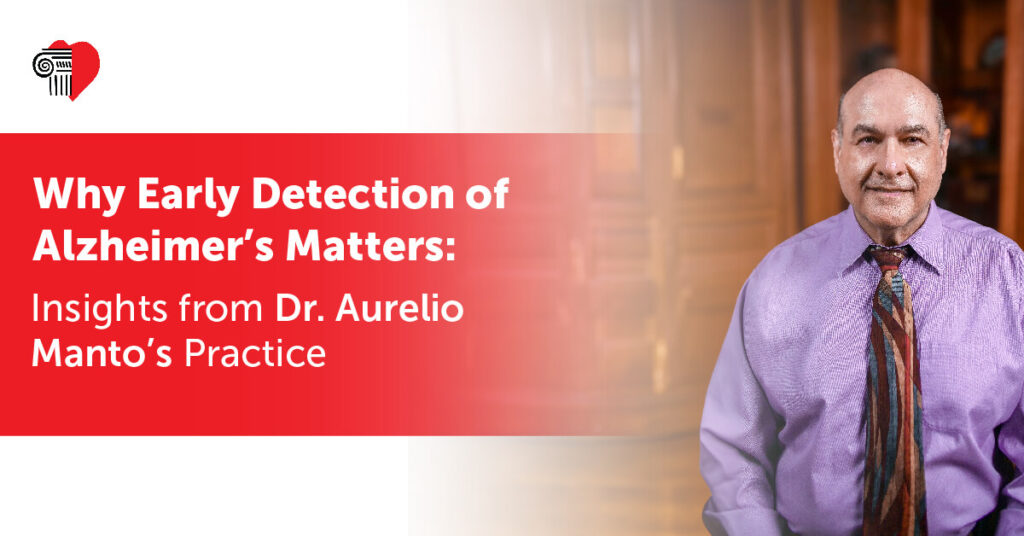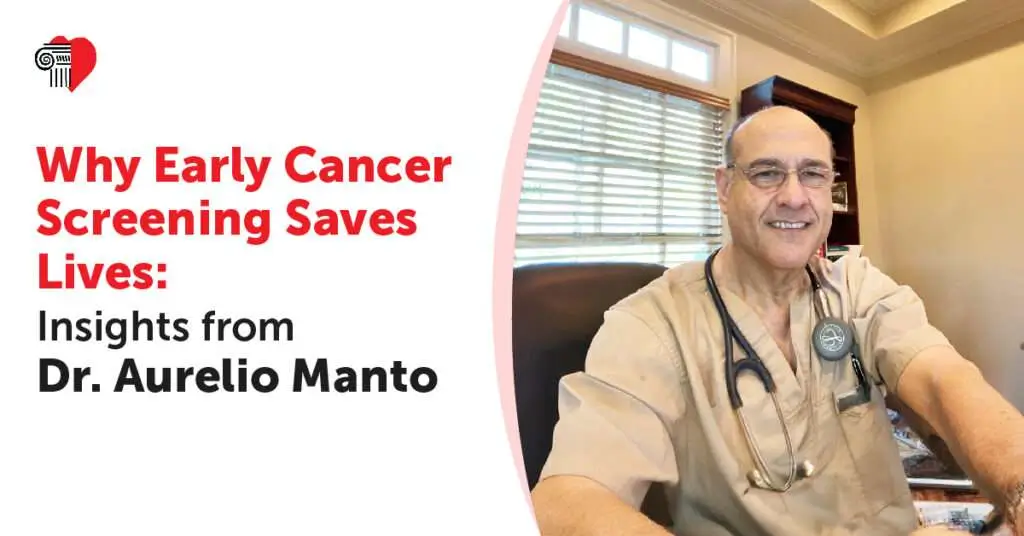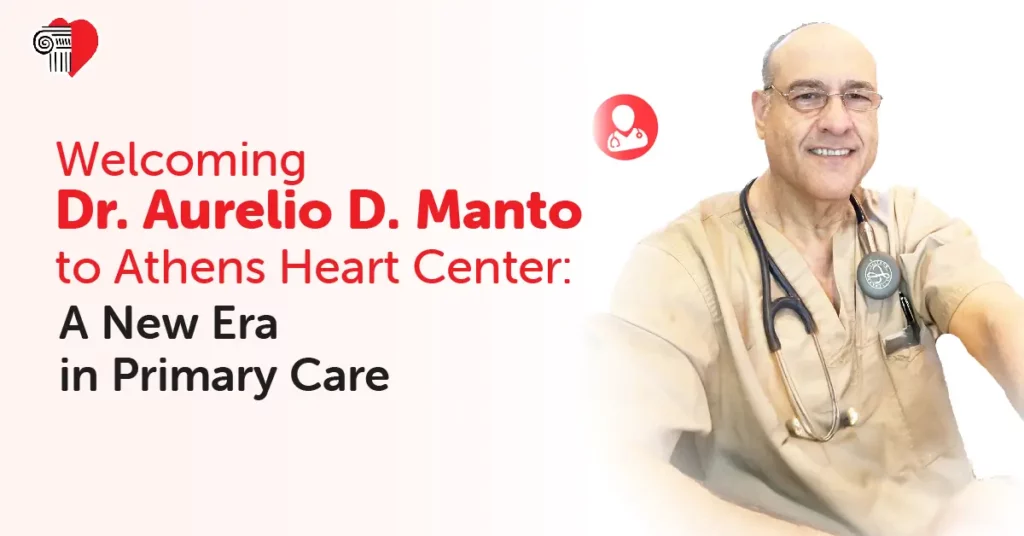Preventive Care for Healthy Aging: A Guide to Living Well at Any Age
Healthy Aging Starts Here: Preventive Care That Works Aging is a natural part of life, experiencing it can be shaped […]
Preventive Care for Healthy Aging: A Guide to Living Well at Any Age Read More »






